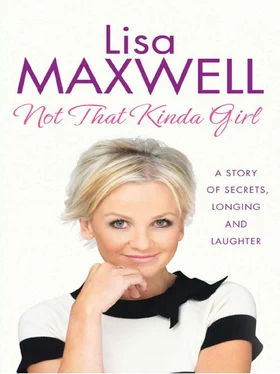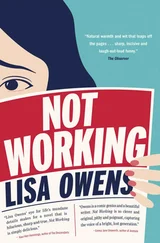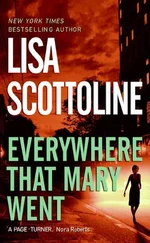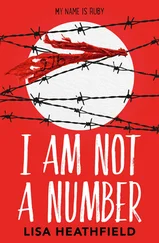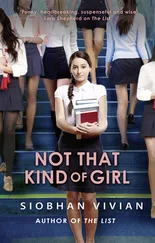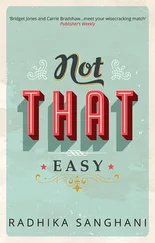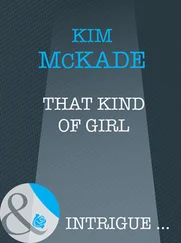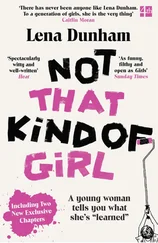For most of the filming of Ballet Shoes I was at the barre doing exercises. I was never the best at ballet and the teacher in the film would come up behind us and whack my backside, which was always sticking out. When the programme was finally broadcast on television it was hard to spot ‘class member number three, second from the left’ with my hair scraped back and the same clothes as everyone else. Then again, had I stood out I wouldn’t have been doing my job properly. We didn’t have video in those days to pause and freeze frame, but Mum, Nan and Grandad all went along with it, claiming they knew me. Although I was only an extra, it was still exciting to be in front of the cameras, and the experience gave those of us taking part a bit of prestige when we arrived at the beginning of term. My friend Laura was in it with me and we felt like the chosen ones.
And the parts kept coming in. Next, I was in a TV sitcom called The Many Wives of Patrick with Patrick Cargill, who was very upper class. With my Italia Conti vowels, I could also play posh. Around this time I also did a pilot for The Gender Gap with Judy Parfitt and Francis Matthews, and again I was supposed to be from the top drawer. I think they got a surprise when I muffed a line and suddenly said ‘Oh fuck it!’ Not just the sound of a 12-year-old swearing, but a real Cockney accent when I was acting so terribly, terribly proper. Just after that I landed another part in a kids’ series: A Place Like Home. It was great, not just because I loved acting: it meant that I could secure my full Equity membership (in those days it was tough to get into the actors’ union and impossible to secure work unless you happened to be in it).
A Place Like Home was about growing up in a foster home (Pauline Quirke from Birds of a Feather played one of the other kids). I had a lead role: a sweet little kid with my hair in plaits, always planting things in the garden. However, I caused real problems by catching chicken pox in the middle of filming and they had to rewrite the scripts around my absence. Years later, when I worked with Pauline again, she told me she was cursing me at the time because she had to learn a lot of my lines as well as her own. She even had to play a game of Monopoly on-camera, playing my part, too! When I went back, the make-up girls worked hard to paint out the last three spots on my face.
Having these jobs so early on was a huge boost to my confidence because everyone there wanted to work. The school were very kind to Mum and me: they knew how much of a struggle it was for us financially and so they put me up for any job going. I was very happy at school, although I know some of the other pupils weren’t – you’ve got to remember every kid who goes there is the best in their local dancing school, and then they get to Conti’s, where they meet 15 or so other versions of themselves, some more talented and more confident. This can have two effects: either it boosts your confidence and sends you on your way, reaching for dazzling showbiz heights, or it can do the exact opposite and make you realise you’re not so talented or as special as you thought.
For me, it opened up a wonderful escape. Italia Conti was completely classless, with working-class pupils like me and other kids from well-set-up, middle-class backgrounds, who lived in the suburbs in houses with gardens. Most of them had brothers and sisters, and to me this meant they were not accidents – their parents had wanted to have them and that’s why they had more kids afterwards. I always felt being an only child was part of the shame of my birth, and for years I was under the impression only children were unplanned and unwanted.
Although the friends I knew when I first started were other working-class girls, soon I was mixing with others from privileged backgrounds and they spoke nicely (without pretending) and lived in big houses. I was always self-conscious about where I lived, and if anyone gave me a lift I’d be dropped off round the corner in Bath Terrace (which sure didn’t sound like a council estate). Later, I found that the well-to-do kids didn’t have an issue with where I was from. I had a South African friend called Renee who used to stay and her family were fine about it, even though they were wealthy. I was forever borrowing her clothes (she was the first girl in school to wear trousers) and I kept a pair of her grey flannels for months. To me, her Mason & Pearson hairbrush seemed like the height of posh and I swore I’d have one of my own as soon as I could afford it.
Today I’m embarrassed by the young Lisa who was ashamed of the Rockingham Estate because I’m a very down-to-earth person, the complete opposite of a snob: at the time I was so self-conscious about being out of wedlock it made me feel bad about my whole background. What I loved was being able to blag my way through to convince everyone I had the right to be there. Deep down, I felt like a pretender. Then again, a lot of actors admit they are always afraid someone will come up to them and say, ‘You’re not actually very good at acting, are you?’ They always think they’re going to get found out. That’s how I’ve felt all my life, but not about my acting – about me: ‘I know who you are, you’re that little kid who hasn’t got a dad, who comes from a council estate at Elephant and Castle,’ they’ll tell me. Confident in my acting, I was also comfortable with walking into a room and talking to anyone. I wasn’t scared of anything … except the truth coming out.
I used to lie about the most stupid things. There was a school fête and Mum’s friend Margaret made some lovely cakes but I pretended Mum had made them – I wanted the teacher in charge to think I came from the sort of family where the mother bakes cakes. The teacher was really pleased and said, ‘I must thank Mrs Maxwell’ (Mum was always ‘Mrs’ Maxwell at school). And to my deep shame I even denied knowing my mum when I first started at Conti. She took me to the tube station every day and waited until I was on the train: I always wanted her to go because on the platform would be lots of other kids in the same uniform as me, all looking like we belonged to some secret society. It was a bit like Harry Potter and his friends waiting for the train to Hogwarts.
‘What’s going to happen between now and the train arriving?’
‘You never know, there are some funny people about,’ she’d say, and all the while I’d be thinking, one of them is you …
Perhaps she was right to be concerned: we were almost all girls and we looked like everyone’s idea of typical schoolgirls, which attracted a fair few dodgy types. We were all very blasé at the time and I can’t remember any of it being a real threat, but looking back I guess she had a point. But I was very self-conscious about Mum being there and shouting ‘Love you, Babes!’ when everyone could hear.
I can remember so clearly one of my first days at the school: I got into the carriage and became aware, as the train started moving slowly off, that she was running alongside it. The tube went a bit faster and when I glanced out the window she was still there. But now she was shouting: ‘Help, my coat – it’s stuck in the door … Open the bloody doors!’ The guard noticed and so the train quickly stopped and her coat was released, but I’m deeply ashamed because when one of the Conti kids who’d seen it asked ‘Who was that woman?’ I shrugged and said, ‘No idea.’ With that, I turned my back on Mum. All she was trying to do was protect me, but I was embarrassed and ashamed – I hate the fact that I was like that.
Later on, everyone would get to know my mum and they’d all be shouting, ‘Bye, Lisa’s mum!’ when she did her big ‘Bye, Babes, I love you!’ routine (she took me to the tube every day until I was 16). On the train it was a wonderful little bubble. Because we were stage-school kids we were naturally noisy, and we’d sing songs and recite bits from plays – I felt extremely special and happy as soon as I entered that bubble.
Читать дальше
